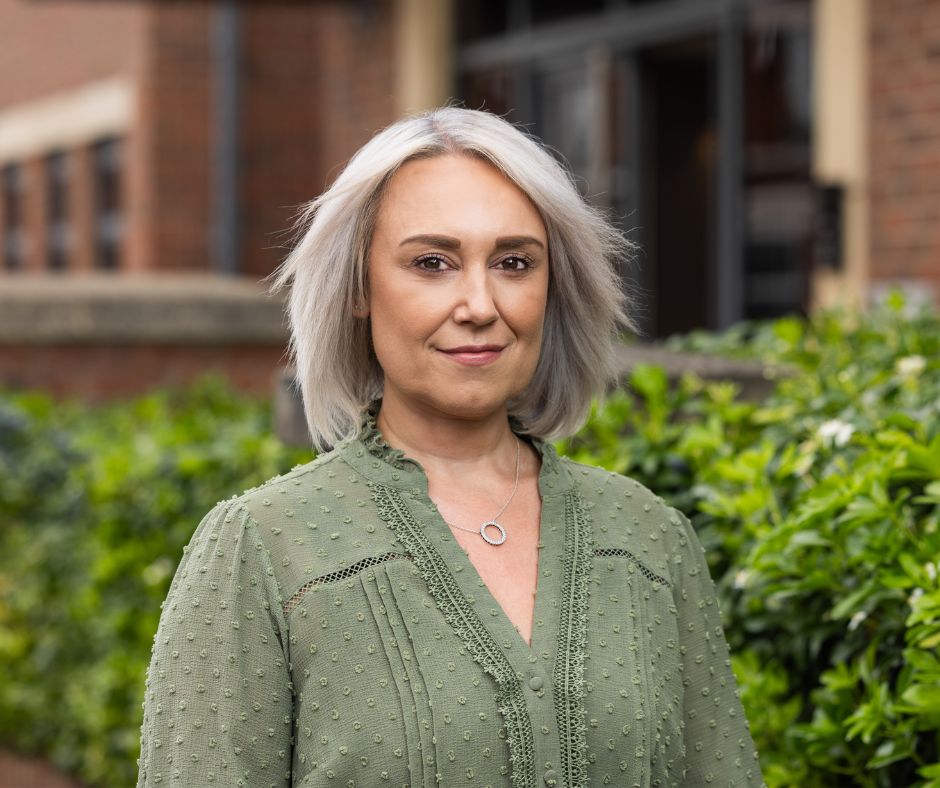What is child law?
The needs of children are always of the utmost importance following a family breakdown.
The laws regarding children matters is governed by The Children Act 1989. The Act ensures the focus is on the welfare of the child regardless of the family dispute or situation.
A child in law is considered anyone under the age of 18 and the law ensures the child’s emotional, physical and education needs are taken into account before any decision is made.
Our child law services
Our family solicitors can help with various aspects of child law, including the following:
Child arrangements
We can help you to determine who a child should live with and the amount of time the child should spend with the non-resident parent.
In England and Wales the legal system encourages voluntary agreements between parents however if it is not possible to reach an agreement with the other parent voluntarily, then we can assist you in making an application to the court so that a decision can be made within court proceedings.
In the majority of cases a child will live mostly with one parent and spend time with the other parent at regular and pre-arranged intervals. In other cases a shared care arrangement may be in the child’s best interests. Our specialist family law solicitors can help you to negotiate an agreement which is most suitable for your child.
If you have a child arrangements order and are still not seeing your child, then you may be able to apply to the court to have that order enforced.
Likewise, if you have a child arrangements order which no longer meets your child’s needs due to a change in circumstances, this order can be varied by a court and we can assist you in achieving this.
Parental responsibility
Parental responsibility is defined in Section 3 (1) Children Act 1989 as being: “all the rights, duties, powers, responsibilities and authority which by law a parent of a child has in relation to the child and his property”.
If you have parental responsibility for a child, you have the legal rights and responsibilities to make important decisions regarding a child’s life including their name, where the child should be educated and live and agreeing to the child’s medical treatment etc.
The child’s biological mother will automatically gain parental responsibility for the child. If the father is married to the mother at the time of the birth, then he will also automatically gain parental responsibility. There are certain conditions that surround non-married fathers and same sex parents in gaining parental responsibility. Further information on these can be found on our parental responsibility page.
We can help you acquire parental responsibility for a child by drafting a parental responsibility agreement or making an application to the court for a parental responsibility order.
We can also offer advice on exercising parental rights and assist parties in making an application to the court for Specific Issue Order if necessary.
Fathers Rights
We can help you understand exactly where you stand and what legal rights you have as a biological father with the aim of establishing contact which is usually considered to be in the best interests of your child.
Some fathers may not automatically have parental responsibility, but it is possible to obtain it. We can help you if you are in this situation.
It is important to note that a father should not be prevented from seeing his child/ren unless there is a concern it could adversely affect the child’s welfare.
More information on fathers rights.
Child Maintenance
Also known as child support, this is a consistent financial payment made towards the everyday living costs of the child and is the legal responsibility of all parents even if a parent does not spend time with the child.
The non-resident parent has to make the required payments to the parent with whom the child lives. In some cases, parents are able to make a private arrangement between themselves. If this isn’t possible the Child Maintenance service (CMS) can use a formula to calculate the amount that should be paid.
If a parent refuses to pay, the parent who the child lives with can make an application to the Child Maintenance Service.
It is important to note that financial maintenance and contact are two separate legal issues. Child contact is not reliant upon payment of maintenance. It is the child’s right to have a relationship with both of their parents irrespective of financial contributions made. We can help with understanding child maintenance and level of financial support.
Grandparents rights
Following a separation or divorce grandparents can often be denied access to see their grandchild. We understand that this can be a stressful and traumatic situation and can act on your behalf to help restore frequent contact with your grandchild, whether this be through negotiation or if necessary through court action.
An application by a grandparent is tricky to negotiate as grandparents do not have automatic permission to apply to the courts for a child arrangements order like biological parents do. The first hurdle in a case of this nature is asking the court for permission to make the application. Once the grandparent has permission, the next consideration will be whether it is in the best interests of the child to spend time with the grandparent.
Cases of this nature can be delicate to negotiate and it is important to seek advice from a family solicitor early on to ensure that you have the best chance of success.
How our child law solicitors can help
Our family law solicitors can help you with a number of child law issues and concerns, including:
- Negotiating living arrangements: Offering advice as to how much time children should spend with either parent depending on the facts of your case. Liaising with the other party and their solicitor to try and reach an agreement or making an application to the court if an agreement cannot be reached
- Holiday contact: Negotiating the level of holiday contact that each parent should have.
- Financial support: Understanding the level of financial support that should be paid for a child including claims for top up child maintenance if the non-resident parent is a high earner.
- Mediation: offering you advice on when to refer a matter to mediation and making the referral on your behalf.
- Relocation and specific issues: assisting with negotiations if one parent wishes to relocate either within the UK or abroad. We can also advise on applications for a specific issue such as where a child should go to school and whether their name should be changed.
- Parental responsibility: advising and answering questions regarding parental responsibility. We can draft a parental responsibility agreement or making an application to the court for a parental responsibility order if required.
- Representation in court proceedings if necessary for a number of child law issues. If for any reason we are not available to represent you then we can instruct an agent or barrister to represent you on our behalf.
Will I need to go to family court?
Although we try to settle situations outside of court, with vast experience of child law we understand that sometime this is not possible, and a court application is sometimes required.
We offer advice on making an application to the court and the chances of success of that application. We have experience representing clients at every stage of the court proceedings.
If there are safeguarding concerns, it may be necessary for CAFCASS to undertake a safeguarding report and this will need to be directed by the family court. CAFCASS will speak to both parties, the child, the school potentially and any other service that the child has had involvement with for example the local authority if there have been child protection concerns.
If an agreement cannot be reached, a court will make an order in the best interests of the child after considering the child welfare checklist as set out in legislation. We will be there with you every step of the way to reassure and ensure your child’s needs and yours are being met.

















